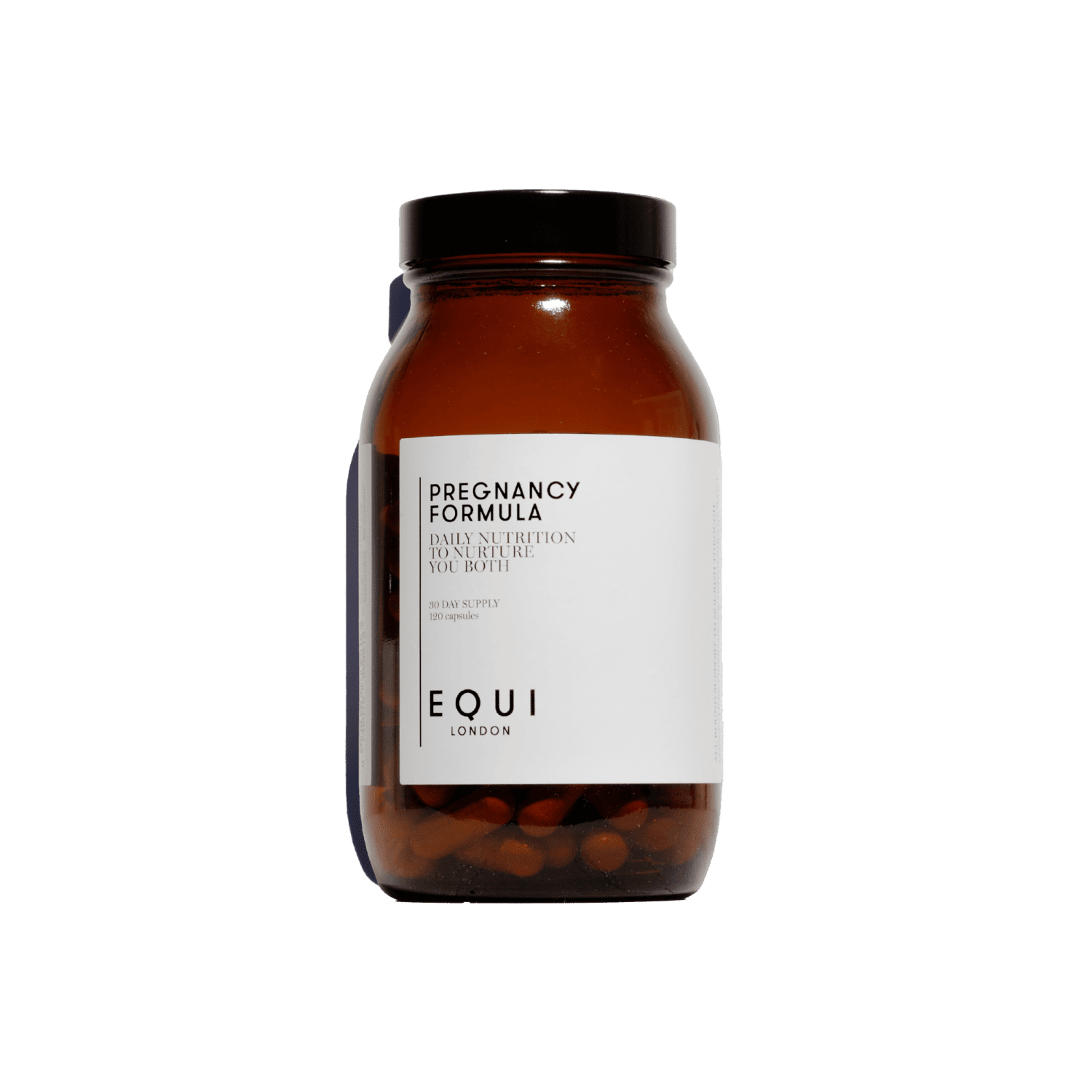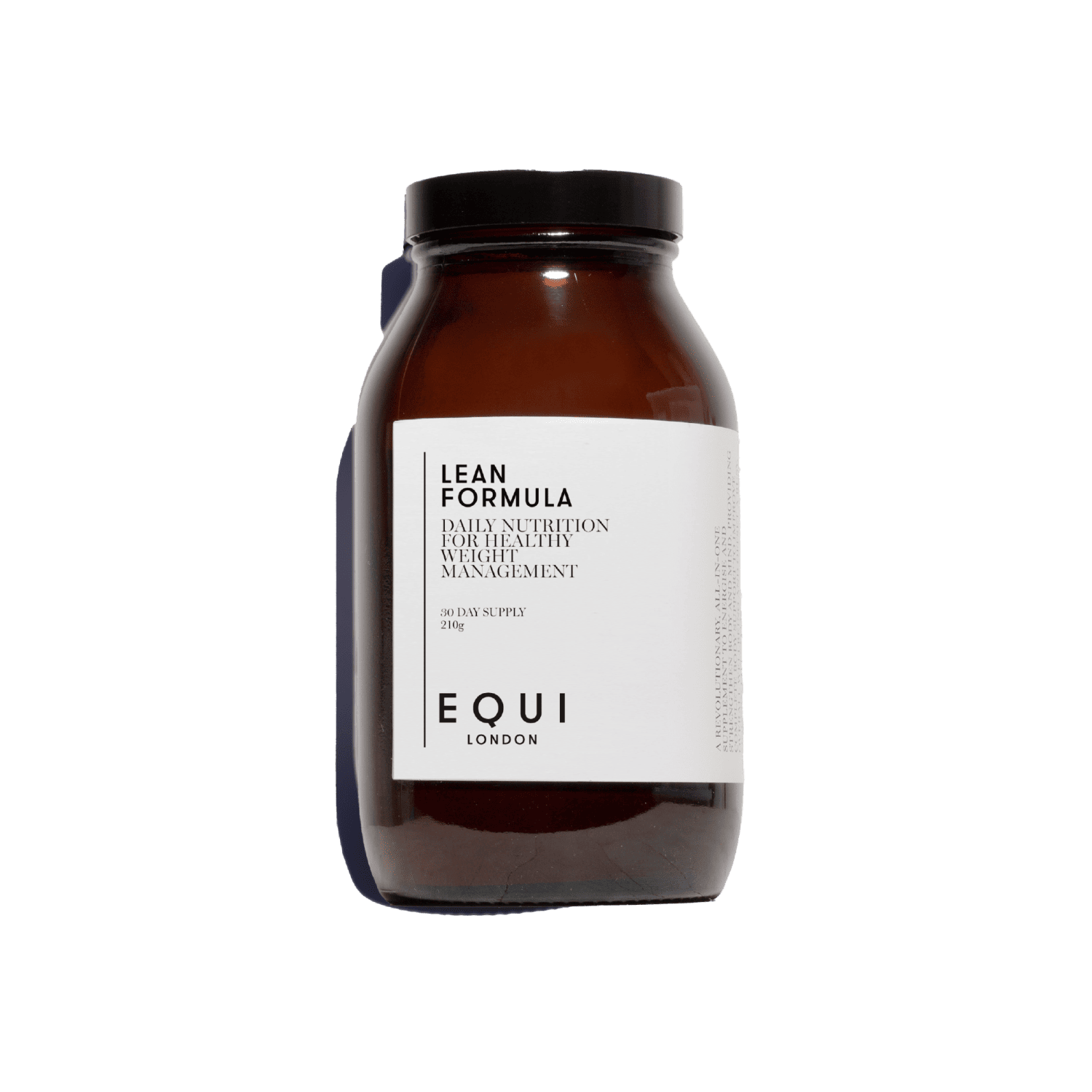
Everything You Need To Know About Hyaluronic Acid
The scientific benefits of not only getting it from our topical skincare, but from our diet and hyaluronic acid supplements.
Hyaluronic acid is one of the most talked about ingredients in the beauty world and rightly so, since it works wonders for all skin types. Not only is this incredible ingredient added into plenty of skincare products, it also occurs naturally in our body and can be ingested as a supplement. Here we tell you more and why you should consider both supplementing and applying it to your skin to see the best results.What Is Hyaluronic Acid And Why Is It So Good?
“Hyaluronic acid is a naturally occurring molecule that is found within our bodies – particularly our skin, joints and eyes,” says London-based dermatologist, Dr Mary Sommerlad. “It holds up to 1000 times its weight in water and is so beneficial to us due to the fact it draws and maintains water in the dermis to help keep our skin hydrated,” she adds. “It also helps to give our skin a plump appearance and smooth texture.” By maintaining a healthy skin barrier with ingredients such as this, we can keep moisture locked in and reduce the chances of redness, dryness and broken skin.Is My Body Producing Enough Hyaluronic Acid Itself?
Our own skin cells naturally produce hyaluronic acid in order to keep themselves hydrated but many lifestyle factors such as genetic ageing and environmental stressors such as pollution and the sun actually cause these levels to drop. This can be one of the reasons why our skin can start to lose that plump, hydrated smooth look.
Taking a hyaluronic acid supplement and applying it to the skin topically can help to increase levels of hyaluronic acid so you maximise the chances of getting it from both angles. “At Equi we believe that when it comes to our skin, the best results come when you restore and support your internal health as well as applying great products on the outside,” says co-founder and registered nutritional therapist, Alice Mackintosh. “This outside-in, inside-out approach to supporting our skin covers all the bases and hyaluronic acid could be no better example of an ingredient that can be used in both ways,” she adds.
How Should I Use Hyaluronic Acid On My Skin?
First things first, it’s worth noting that hyaluronic acid is usually suitable for all skin types unlike some other acids, since it’s already found naturally within our body. It’s very gentle and very unlikely to cause any reaction meaning even the most sensitive of skins can benefit. “It doesn’t clog your pores meaning it’s good for those with oily or acne-prone skin and it’s an excellent humectant, making it a wise choice for those with dry or dehydrated skin,” adds Dr Mary who says to steer clear of hyaluronic acid products which contain lots of other active ingredients. If you have particularly sensitive skin, always go for fragrance-free formulas too.
Irene Forte, founder of Irene Forte Skincare believes it’s always worth bearing in mind the molecular weight - “The hyaluronic acid you find in most products is the high molecular weight one (approximately 1500-1800kDa),” she told us. “This weight is too big to penetrate the dermis where we naturally have hyaluronic acid but it still creates a barrier on the skin and delivers immediate, intensive hydration to the surface layers,” she adds. “A low molecular weight hyaluronic acid (anything under 70kDa) achieves increased permeation through the skin. It’s designed to provide below-the-surface hydration and in turn will rehydrate the skin cells over time. As a result, this helps the appearance of fine lines and wrinkles from the inside.” Try Irene’s Hibiscus Serum which is formulated with both types so your skin can get both benefits for optimal hydration.
An expert tip for when to apply it - “My best advice for getting the most out of your hyaluronic acid product is to always apply it directly onto cleansed skin which is slightly damp before following with your usual moisturiser,” says Dr Mary.
What Foods Should I Be Eating?
Eating a well-balanced diet which is rich in foods containing hyaluronic acid is another great (and natural) way of ensuring your skin is functioning its best. Some of the best foods to get into your diet include citrus fruits such as oranges, lemons and grapefruits which contain naringenin which stops the breakdown of our own hyaluronic acid. When it comes to vegetables, look to green leafy greens such as kale and spinach which aid the body in producing more hyaluronic acid.Which Is The Best Skin-Boosting Hyaluronic Acid Supplement?
Intelligent skin supplementation with high quality, expertly formulated products that target skin health is a good way to increase your results, and see changes more quickly, especially when it comes to Hyaluronic acid. “Research has shown that supplementing hyaluronic acid is beneficial since it can be absorbed and distributed throughout the body effectively,” says Alice. “A study conducted by Kawanda, et al in 2014 found it helps to give your skin a more hydrated appearance and feel. It is also known to provide other benefits such as relieving joint pain and supporting our lung health.” Try our multi-award-winning Beauty Formula supplement which is packed with hydrating hyaluronic acid alongside 47 other nutritional compounds such as collagen, resveratrol, vitamin C and zinc to improve skin radiance and texture of the skin and support collagen formation. Whether you’re looking to slow signs of ageing such as unwanted fine lines or perhaps looking to banish dryness, we guarantee you’ll love the skin-boosting results of our award winning Beauty Formula which has been our bestseller since we launched it in 2016.
"Honestly your products are life changing! My Mum and sisters get botox and collagen injections and the results are no where near as good or consistent as what I get from Equi.' - Aimee Weller
Disclaimer: Certain supplements are used for different reasons and a one-size-fits-all approach shouldn’t be adopted. In addition, pregnant women and anyone on medication should always consult a doctor before embarking on a supplements programme. As with all articles on www.equilondon.com, this is no substitution for individual medical or nutritional advice.




